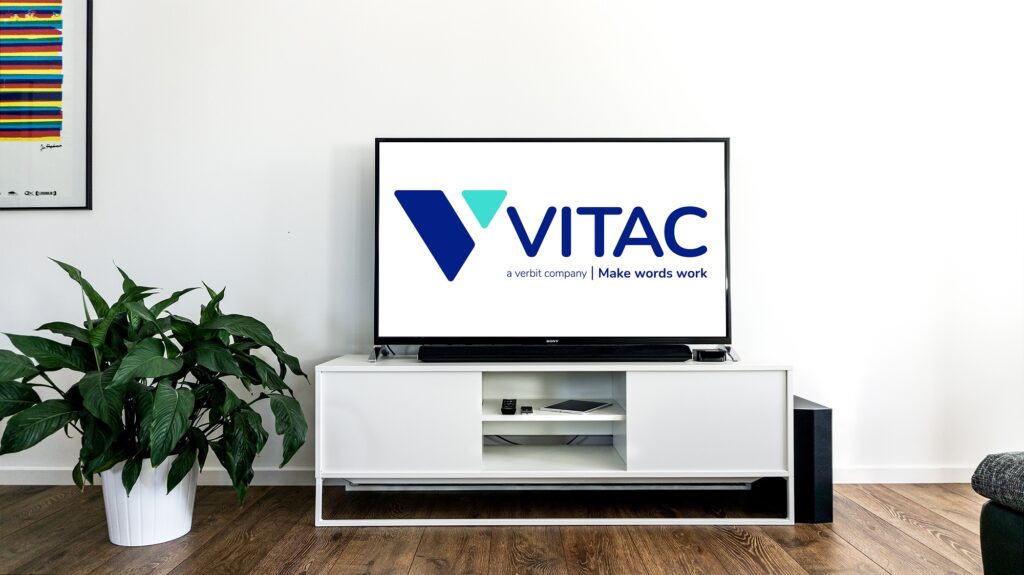Welcome to the latest edition of “ADA in the News,” featuring recent news, updates, events, and rulings regarding the Americans with Disabilities Act.
MIT Settles Captioning Suit
 The Massachusetts Institute of Technology (MIT) has agreed to settle a captioning lawsuit and will introduce new guidelines to make its website and online videos more accessible to people who are deaf and hard of hearing.
The Massachusetts Institute of Technology (MIT) has agreed to settle a captioning lawsuit and will introduce new guidelines to make its website and online videos more accessible to people who are deaf and hard of hearing.
The settlement comes just three months after a similar deal was reached in a lawsuit brought against Harvard University by the National Association of the Deaf (NAD), which said the schools were discriminating against people in the deaf and hard-of-hearing communities by not adequately or accurately captioning videos of lectures and other programs they post online.
NAD said in a statement that, together, the settlements represent the most comprehensive set of online accessibility requirements in higher education, and provide a new model for ensuring online and digital accessibility in academia and business for people who are deaf and hard of hearing.
Under the settlement, MIT agrees to provide captioning for publicly-available online content, including video and audio content posted on MIT.edu as well as MIT’s YouTube, Vimeo, and Soundcloud pages, certain live-streaming events, and online courses.
MIT also is required to submit reports every six months beginning this June to the NAD and the Disability Law Center detailing, among other things, information about the number of requests received.
The suit was prompted after users found that many of MIT’s videos and audio recordings lacked captions or used inaccurate captions, and that MIT had no published policies in place to ensure that the materials were accessible to deaf and hard-of-hearing students. The settlement comes four years after the lawsuit was filed.
Both MIT and Harvard tried to dismiss the cases, arguing that the law doesn’t require them to provide captioning for all of their online content. However, a judge ruled last year that content produced by and posted by the universities was subject to federal civil rights law.
“The settlements with MIT and Harvard usher in a new era of accessible online learning in higher education,” said Howard A. Rosenblum, Chief Executive Officer, National Association of the Deaf. “The civil rights mandate is clear – all colleges and universities must ensure that the video and audio content on their websites are accessible through quality captioning.”
The settlement agreement must be approved by a judge before it goes into effect.
Adult Living Community Sued Over Access
Two residents of an adult living community have filed a federal civil rights lawsuit that claims the community association discriminated against them by failing to provide accessibility devices and services at its board meetings, theater, and elsewhere for people who are deaf and hard of hearing.
The suit against Sun City Lincoln Hills in Lincoln, California, was filed after more than a year of trying to get captioning or other assistive devices that would enable residents to understand what was going on at board meetings or performances.
The suit says that the community association tested an automated captioning system via tablets, but users found that in addition to the auto captions being “gibberish” and often misinterpreting words, the tablets routinely would shift to sleep mode and need refreshed.
The lawsuit, which claims the association is violating state and federal fair housing laws as well as the American with Disabilities Act (ADA), argues that because the residents have not been provided accommodations for their hearing loss they cannot participate in board meetings where fees, rules, and other items are discussed.
The lawsuit is asking that the community association be required to provide accommodations that will allow residents equal access.
Police Communication Policy
 St. Paul, Minnesota, city council OK’d a $95,000 payout to settle a federal lawsuit, and agreed to change its police department policy on communication with people who are deaf and hard of hearing.
St. Paul, Minnesota, city council OK’d a $95,000 payout to settle a federal lawsuit, and agreed to change its police department policy on communication with people who are deaf and hard of hearing.
The settlement stems from a suit filed by a woman, who is deaf, who met with the St. Paul Police Department in 2014 to file a domestic assault report. According to the suit, the woman asked for a qualified American Sign Language interpreter, but police instead offered an officer who knew sign language, but whom the lawsuit said was not a qualified interpreter.
As a result, the suit claims that the woman was unable to give her statement.
The lawsuit claimed violations of the Americans with Disabilities Act and Minnesota Human Rights Act. The city denied the woman’s allegations and liability, and said the settlement was reached to avoid protracted litigation.
The police department’s policy will be amended to specifically state that the department will use only certified sign language interpreters in scheduled interviews and meetings with people who are deaf or hard of hearing. Supervisors and new employees also will be given training on the new policy.
Hospital Reaches Settlement in ASL Claim
 A Connecticut hospital has settled an ADA complaint that alleged it failed to provide a sign language interpreter for a patient during an appointment.
A Connecticut hospital has settled an ADA complaint that alleged it failed to provide a sign language interpreter for a patient during an appointment.
The complaint, filed with the U.S. Attorney’s Office for Connecticut against Lawrence + Memorial Hospital, claimed that without a qualified interpreter, the patient, who is deaf, was unable to effectively communicate with the hospital’s staff, including those providing her health care.
The terms of the settlement agreement will require the hospital, when necessary, to provide appropriate auxiliary aids and services, including qualified interpreters, free of charge to patients or companions who are deaf or hard of hearing.
The hospital also will note the need for auxiliary aids and services in the patient’s medical record so that personnel can be better prepared to help patients during subsequent visits.
The hospital also will provide accessibility training to all staff members who have direct contact with patients or companions.




